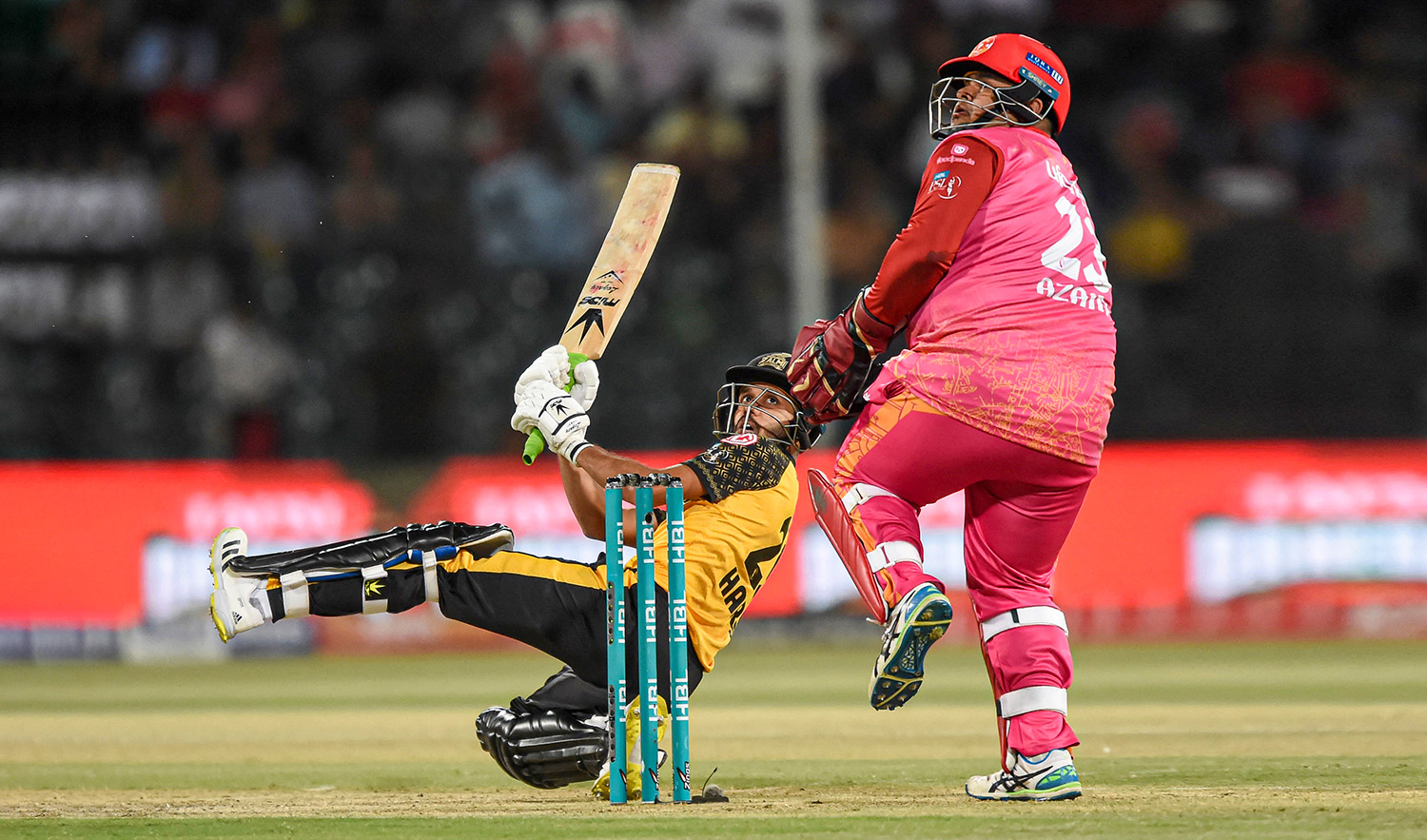ISLAMABAD: Pakistan’s Climate Change Minister Musadik Malik has said that his ministry is seeking Saudi Arabia’s support for comprehensive climate projects that include desert reclamation, afforestation and carbon offset initiatives, amid Islamabad’s efforts to deal with climate-related challenges.
Pakistan has 4.2 million hectares of forest and planted trees, which equates to 4.8 percent of its total land area, according to the United Nations’ Food and Agriculture Organization. The country is currently focusing on combating desertification through afforestation, water management and sustainable agricultural practices.
Saudi Arabia, on the other hand, is playing a leading role in global climate action and launched in 2021 the Middle East Green Initiative (MGI) that aims to mitigate climate change impacts by raising $10.4 billion for clean energy, planting 50 billion trees and restoring degraded lands spanning 200 million hectares in the Middle East and North Africa (MENA) region.
In February 2022, the two brotherly countries signed a memorandum of understanding (MoU) to cooperate in nine environmental areas, including pollution control, nature protection, forestry, biodiversity, desertification, hazardous waste management, marine conservation, air quality monitoring and environmental training exchanges.
“I am going to work directly with them [Saudi Arabia] on climate initiatives, on claiming deserts, on building forests, and on [carbon] offsetting,” Malik told Arab News in an interview on Thursday.
“I just need a little bit more time to put a package together.”
He said Saudi Arabia had always extended its unwavering support to Pakistan and he would soon visit the Kingdom to discuss climate collaboration between the two nations.
“It’s on my table right now to put together those projects with carbon offsets, or whatever those initiatives are, and take them there, which are viable, real, doable and meaningful,” Malik said.
Pakistan, home to over 240 million people, is consistently ranked among the countries most vulnerable to climate change and has seen erratic changes in its weather patterns, which have led to frequent heatwaves, untimely rains, floods, storms, cyclones and droughts in recent years.
Malik said his ministry was working on green mobility and recycling initiatives in partnership with Gulf Cooperation Council (GCC) countries, particularly the United Arab Emirates (UAE), to drive climate action to benefit the poor.
“They have sent me a letter about starting a movement on behalf of the entire world south… moving the recycling kind of revolution in a manner which serves the poor people of Pakistan,” he said.
In 2022, deadly floods submerged a third of Pakistan, claimed more than 1,700 lives and affected 33 million people, causing more than $30 billion in economic losses.
So far this monsoon season, which began in late June, at least 87 people have been killed and 149 others injured in rain-related incidents across Pakistan, with the death toll expected to rise further as heavy rains continue to batter the South Asian nation.
But Malik believed the country was unlikely to face flood-like conditions similar to 2022 as the climate patterns showed a “balancing effect” between glacier melt and rainfall.
“Where the melting is increasing, the rainfalls are projected to decrease,” he said. “The signs, the projections that we have seen, the numbers that we have seen, basically show that hopefully we would have a good, decent, and manageable year.”
Speaking of Pakistan’s early warning systems, the minister acknowledged “serious gaps” in the mechanisms despite previous investments, saying efforts were underway to fix deficiencies that hinder timely disaster alerts.
“The early warning systems, after all of the investments that we’ve done… they are not able to give us warning in a timely manner… those systems are not working,” he said.
Asked about international climate funding to Pakistan post-2022 floods, Malik said the funding was declining due to Pakistan’s “limited absorptive capacity and lack of impactful projects.”
“We did not have a lot of absorptive power and even when funding was available, we did not come up with enough projects,” he said, adding that the country could only draw around $50-$70 million despite $500 million commitments.
He said his ministry had engaged youngsters from environmental sciences background to develop ideas, projects and startups to help attract international funding.
“We are going to come up with lowest cost, highest impact projects, and we are going to go after them,” Malik added.
















